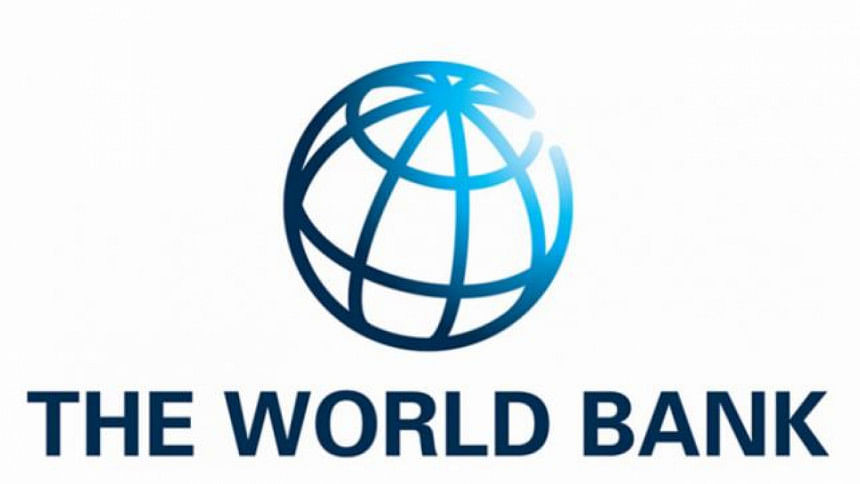Strengthen local govt: WB

Bangladesh needs to empower the local government institutions through administrative and fiscal decentralisation to achieve the upper-middle income status, said a new World Bank report.
The local government institutions in the country play a limited role in delivering services due to narrow decision-making and financial authority, lack of resources and staff, and weak capacity, it found.
The report styled “Local Government Public Financial Management System Assessment” was released yesterday at a seminar held at Amari Dhaka. The seminar was jointly organised by Policy Research Institute and the WB.
The local government’s spending is about 7 percent of the government’s total budget, whereas on average it is 19 percent in developing countries and 28 percent in developed nations.
The relatively low share of local government institution spending in government’s total expenditure indicates limited fiscal decentralisation, it added.
The country’s central government has huge power politically and financially, so it continues to be one of the least fiscally decentralised country, said Ahsan H Mansur, executive director of the PRI.
However, city corporations have better financing options.
“On the other hand, fiscal transfer is neither based on any legal mandate nor based on any formula to avoid any discrimination, which is a fundamental problem,” he added.
Dandan Chan, the WB’s acting country director for Bangladesh and Bhutan, said she has seen globally that the local government institutions are best placed for providing basic services such as education, healthcare, water supply and sanitation and ensuring local law and order.
Through successive projects the WB has supported the decentralisation agenda of the countries, she added.
The report identified that the local government institutions of Bangladesh remain in weak capacities in planning and executing budgets, inadequate book keeping and financial reporting and so on.
They need to expand the use of IT in accounting system.
Some other recommendations include fiscal decentralisation, adequate staffing, strong monitoring capacity, improved understanding of budget, timely release of money and expanded revenue collection efforts.
Political commitment and reforms are needed, said Sultan Hafeez Rahman, former director general of Asian Development Bank.
“Autonomy of local government institutions is a major problem along with the resources to spend,” he said, while urging the central government to come up with a solution.
Roxana Quader, additional secretary to the local government division, agreed with the analysts. Though various reforms were brought about to decentralise the local government, much more needs to be done.
“The report nicely pointed out some problems, so the high authority would try to prioritise the recommendations to bring about a strong local government,” she added.
Reforms in public financial management (PFM) started in the 1990s based on technical assistance from donors, Mansur said. However, reforms did not come about as planned and a large gap remained. The PFM reforms gained some momentum in 2006. “The PFM can only solve the problems of awareness and transparency, so it can’t provide the real solution,” said Mohammad Muslim Chowdhury, comptroller and auditor general of Bangladesh.
He emphasised on fiscal decentralisation more than the PFM, reasoning that the local government’s strength would not be enhanced without the former. Sadiq Ahmed, vice-chairman of the PRI, also spoke.

 For all latest news, follow The Daily Star's Google News channel.
For all latest news, follow The Daily Star's Google News channel. 



Comments